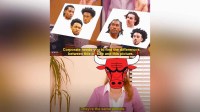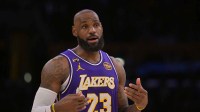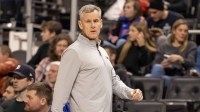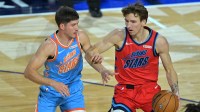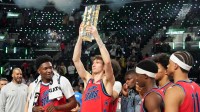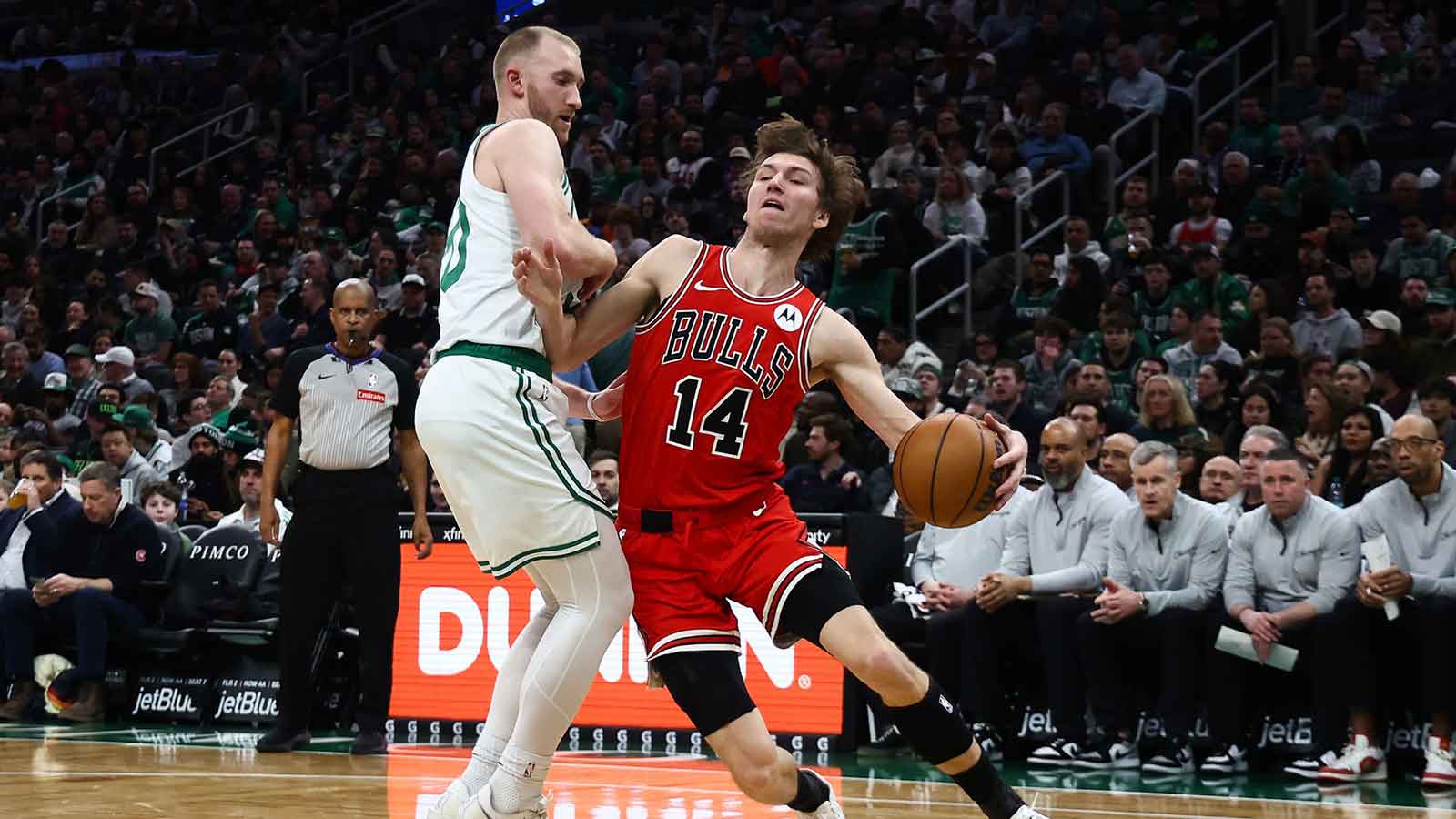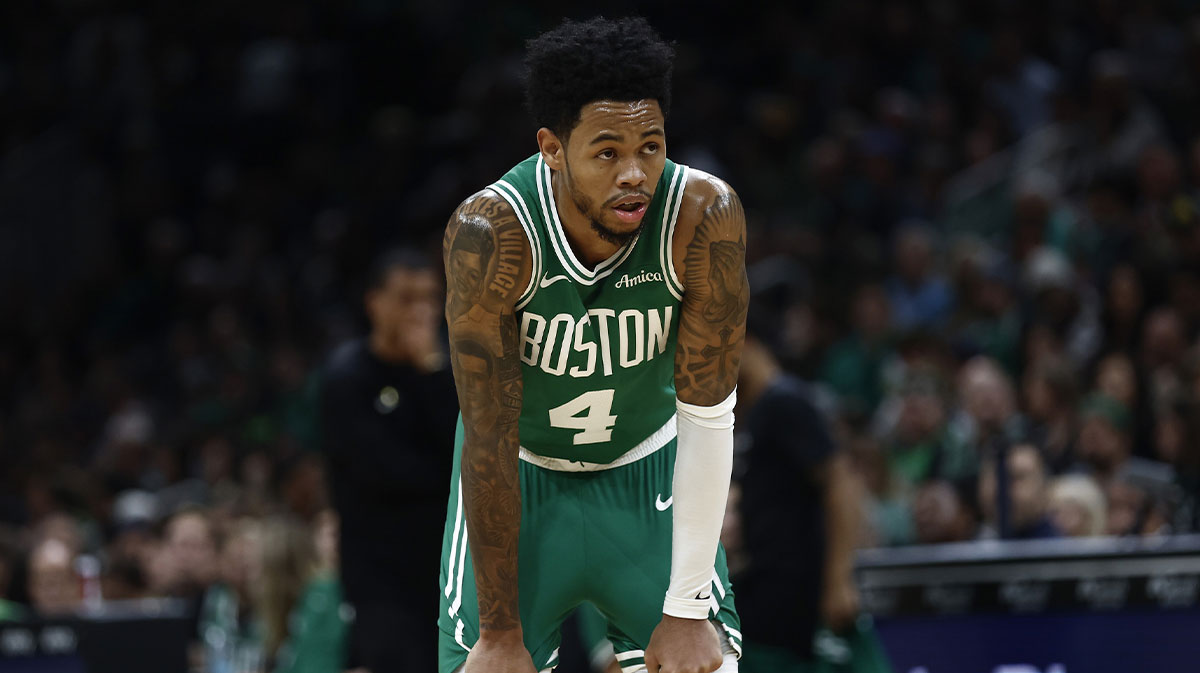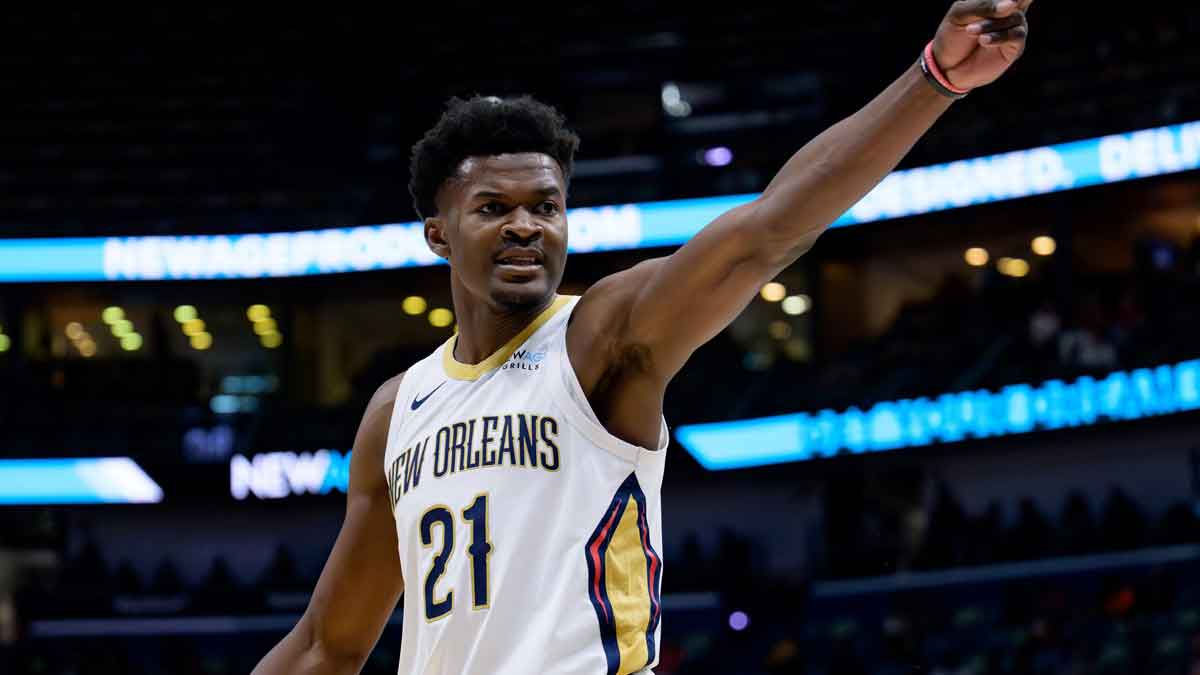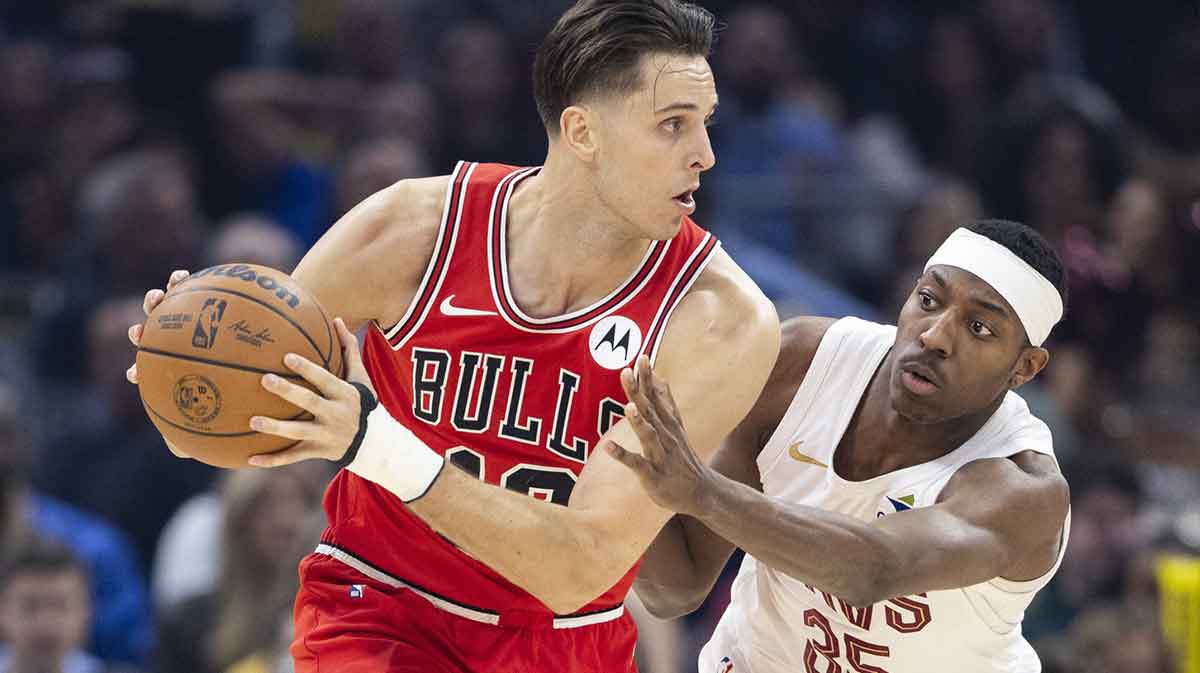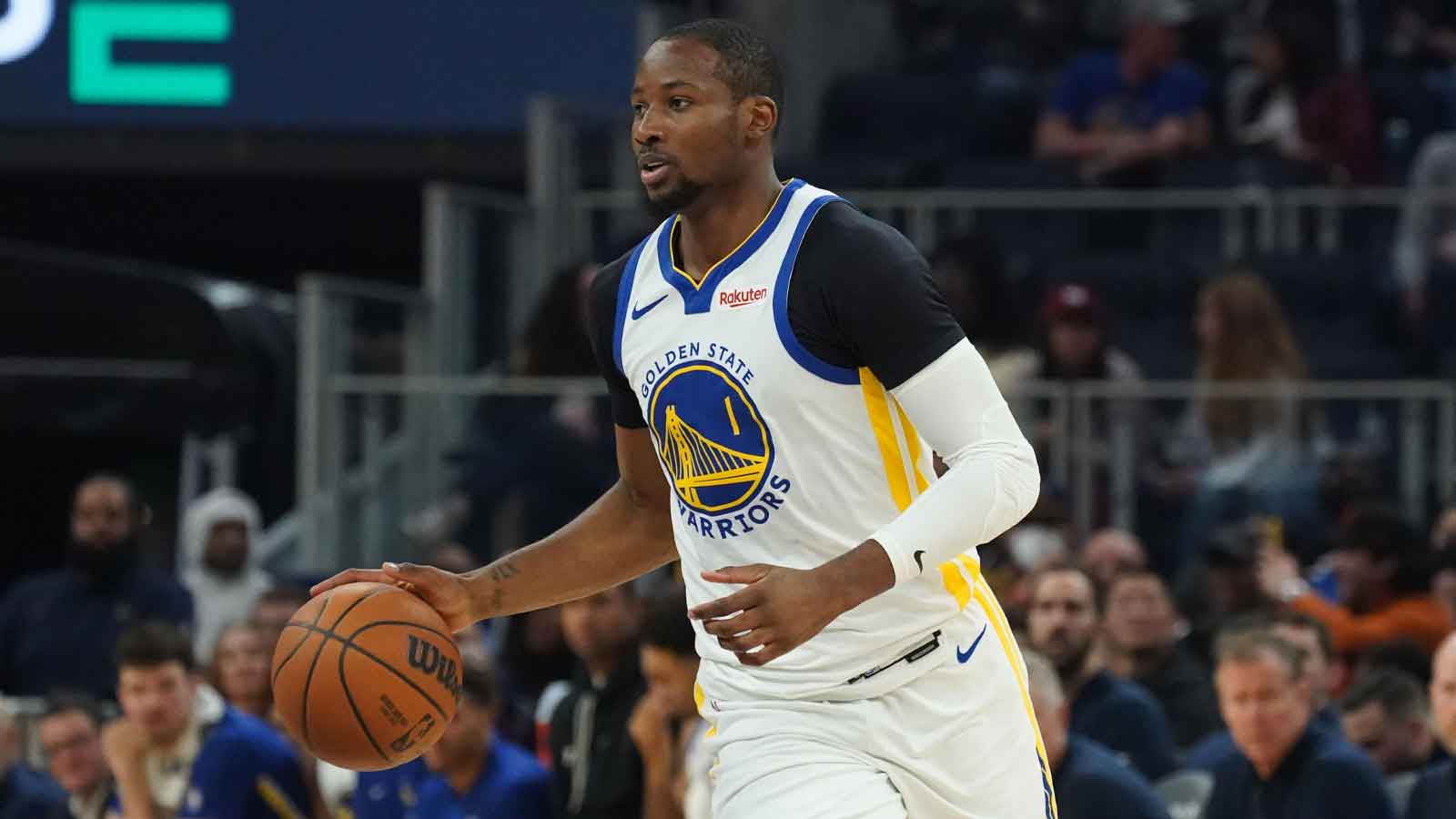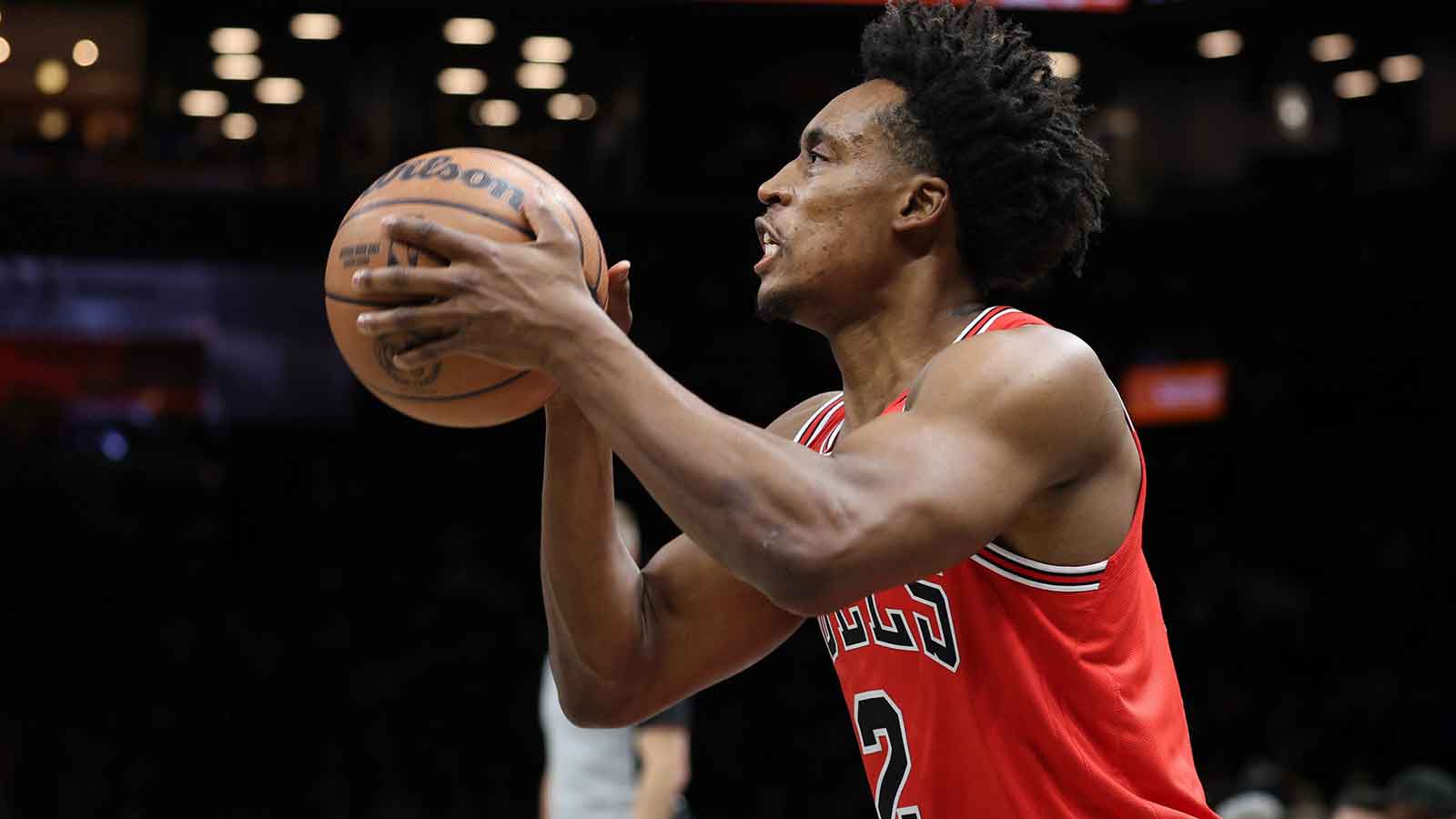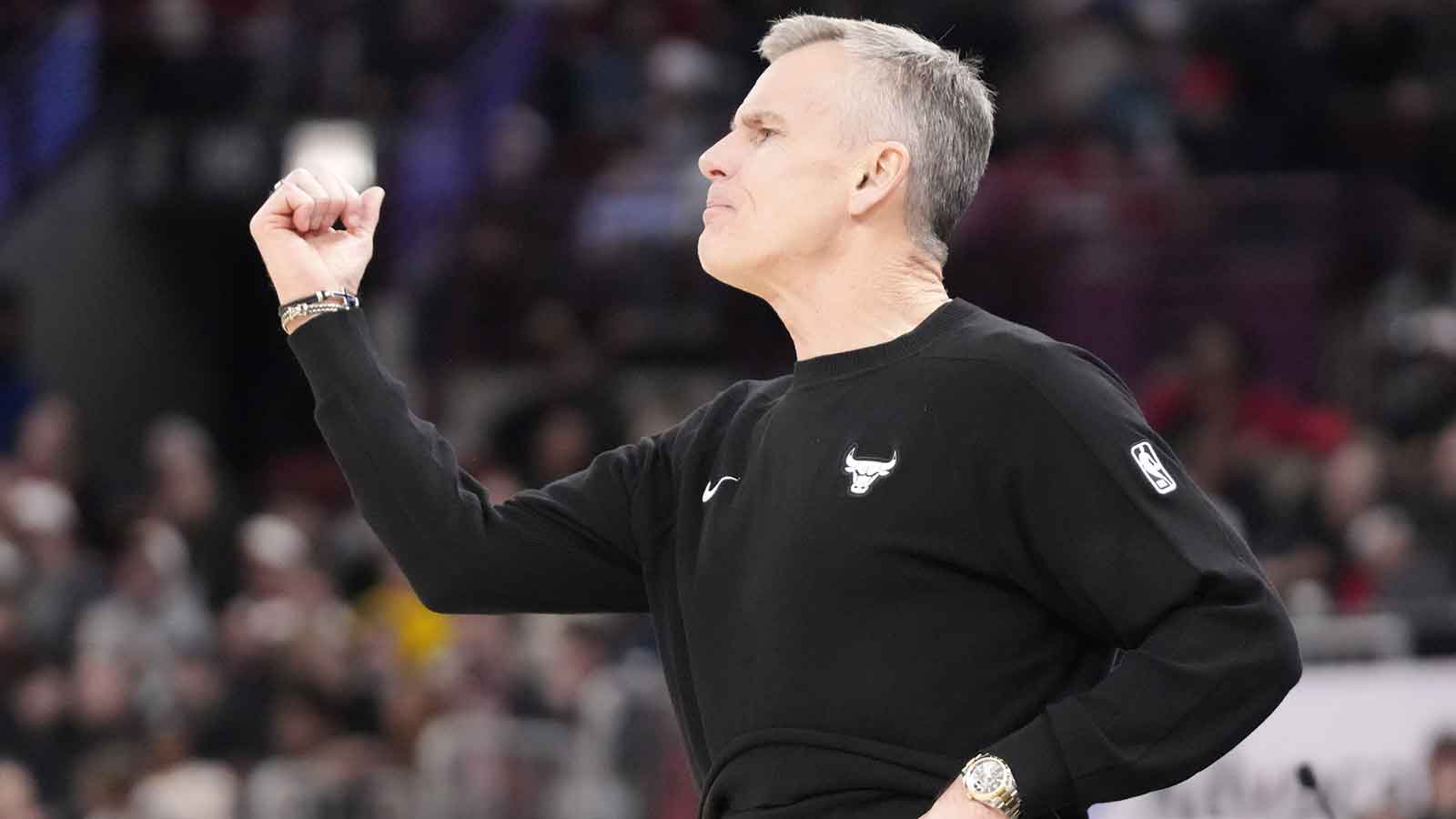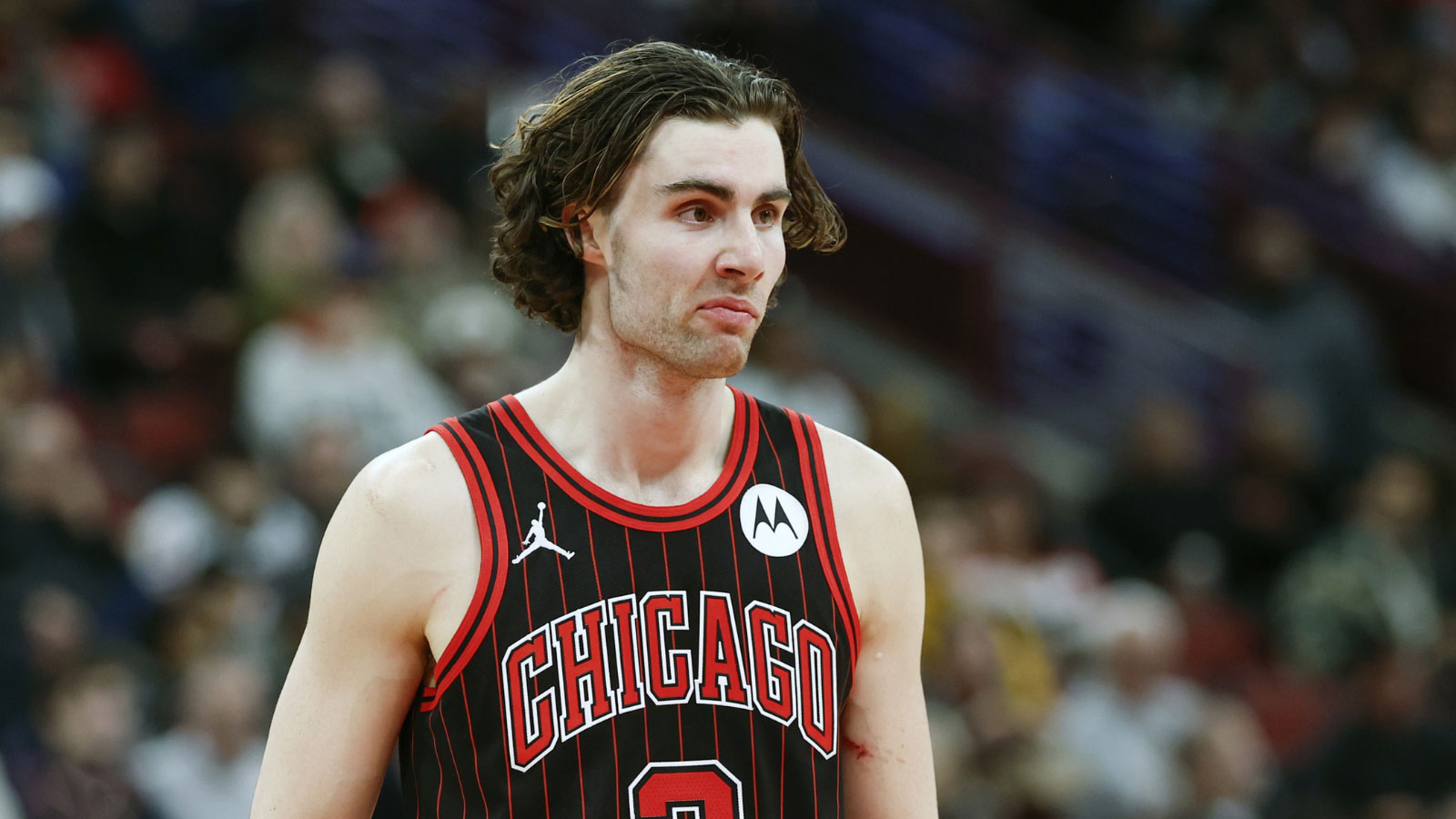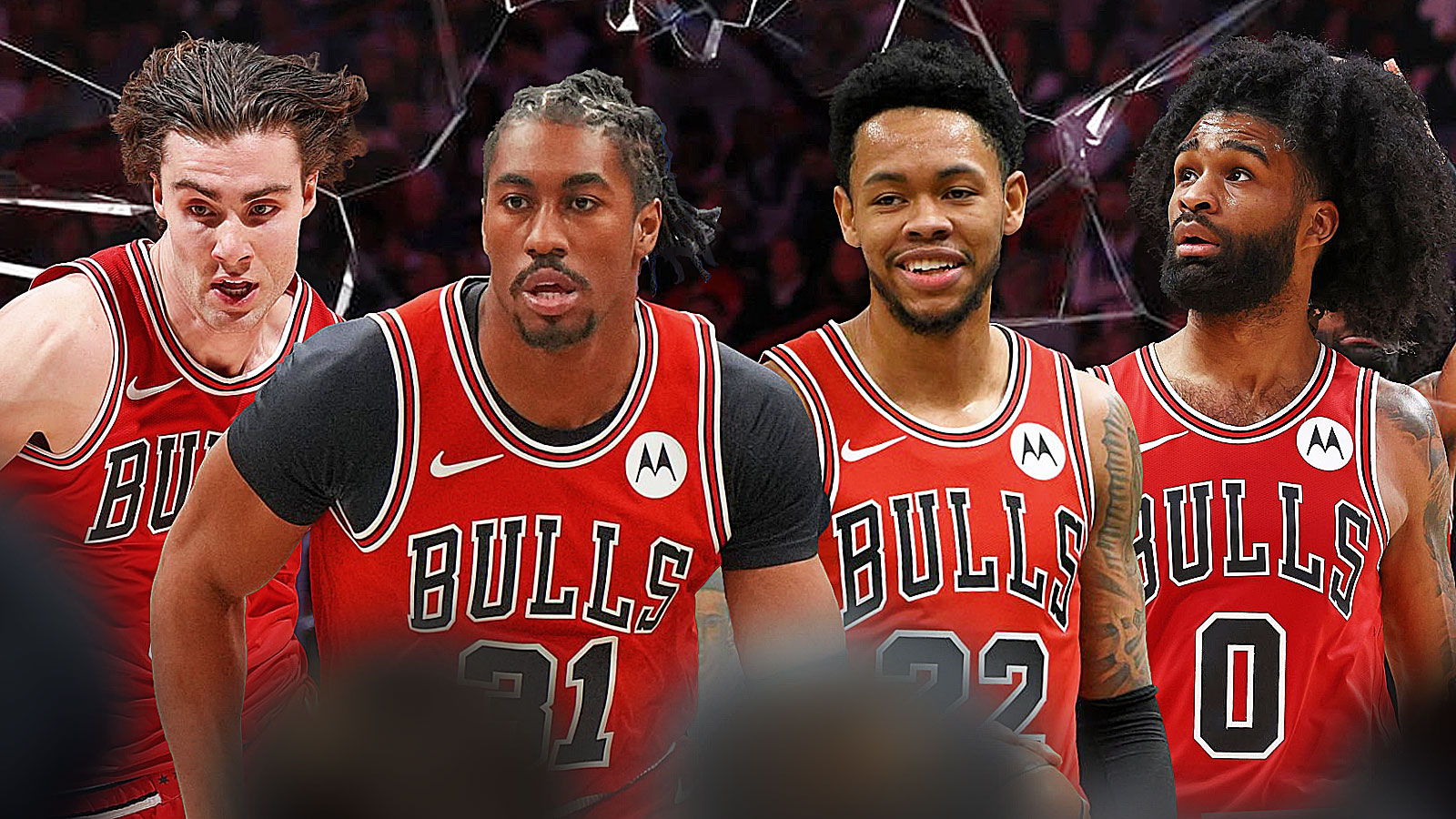The NBA Draft is a high-stakes guessing game. General managers pore over scouting reports and endless clips from the college basketball season—all to try to find the next Michael Jordan. But in the 1984 NBA Draft, Jordan, himself, was the third overall pick. It's time to take a look at the infamous Michael Jordan draft.
It’s easy to blame the first two teams for passing on arguably the best player to ever play the game of basketball. But hindsight is 20/20, and at the time, the draft order wasn’t as shocking as it seems to us now.
The Houston Rockets had the first overall selection in the 1984 draft. They chose Hakeem Olajuwon, a seven-foot center from the University of Houston. The pick was justified. Olajuwon dominated in college, averaging 16.8 points, 13.5 rebounds, and 5.6 blocks per game in his junior year. And he had led the Houston Cougars all the way to the national championship game.
At the time, the NBA was dominated by the big man. It was almost a requirement for a championship team to have an elite big man down low. The Philadelphia 76ers had Moses Malone, and the Los Angeles Lakers had Kareem Abdul-Jabbar. So the Rockets choosing the best center in college made a lot of sense. Not too many people would argue that Jordan should’ve gone first overall at the time.
Today, Olajuwon is in the Hall of Fame, is the NBA’s all-time leader in blocks, a 12-time All-Star, and a two-time champion. He's not Jordan, but it's safe to say the Rockets made a great selection with their pick.
The debate starts and ends with the Portland Trail Blazers, who had the second overall pick. They selected Sam Bowie, a center from the University of Kentucky. Again, the Blazers followed the trend of selecting an elite big man.
Bowie had averaged 13.4 points and 3.8 rebounds a game in his three-year career at Kentucky. But the Blazers couldn’t foresee that injuries would mire his NBA career, and Portland would end up trading the oft-injured Bowie five years later to the New Jersey Nets.
17 years after he was drafted, Bowie revealed a shocker: he had lied to the Blazers about major pain in his leg. In the documentary “Going Big,” Bowie recalled:
“I can still remember them taking a little mallet, and when they would hit me on my left tibia, and ‘I don't feel anything' I would tell 'em. But deep down inside, it was hurting. If what I did was lying and what I did was wrong, at the end of the day, when you have loved ones that have some needs, I did what any of us would have done.”
Had the Blazers known about Bowie’s still-injured leg, they may have passed. After his rookie year, Bowie played in 38, five, zero, and 20 games in each of the next four years, respectively. Though even if they had passed on Bowie, chances are still likely they would’ve gone with a player with size like Sam Perkins or Charles Barkley.
At the time, the Blazers already had their shooting guard of the future in Clyde Drexler. Drexler had only just finished his rookie season, but showed promise. Drexler, now in the Hall of Fame, ended up spending 11.5 seasons with the Blazers, earning eight All-Star berths in the process. There was no need for Jordan when they already had Drexler and were searching for that elusive elite big man.
And so Jordan fell to the Chicago Bulls at number three. And six championships and five MVP awards later, we’re left wondering how in the world the Blazers passed on him.
But it wasn’t an easy decision at the time. Jordan had played well for the University of North Carolina in college, but wasn’t clearly the best player in college basketball. On draft day, no one can foresee who will embed themselves in the record books and who will go down as an all-time bust.
Two teams passed on His Airness during the Michael Jordan draft. The Blazers again whiffed by passing on Kevin Durant in 2007, instead opting for draft bust Greg Oden. Five teams passed on Stephen Curry (the Minnesota Timberwolves even passed on him twice) in 2009. And 14 teams passed on Giannis Antetokounmpo in 2013.
There's hope and excitement behind every draft pick. But when we look back, it's easy to blame and criticize teams for passing on superstars. When in reality, no one really knows when the next Michael Jordan will come around. The draft is merely a high-stakes guessing game, with championships on the line.
One can only hope to choose a Jordan over a Bowie the next time around.



